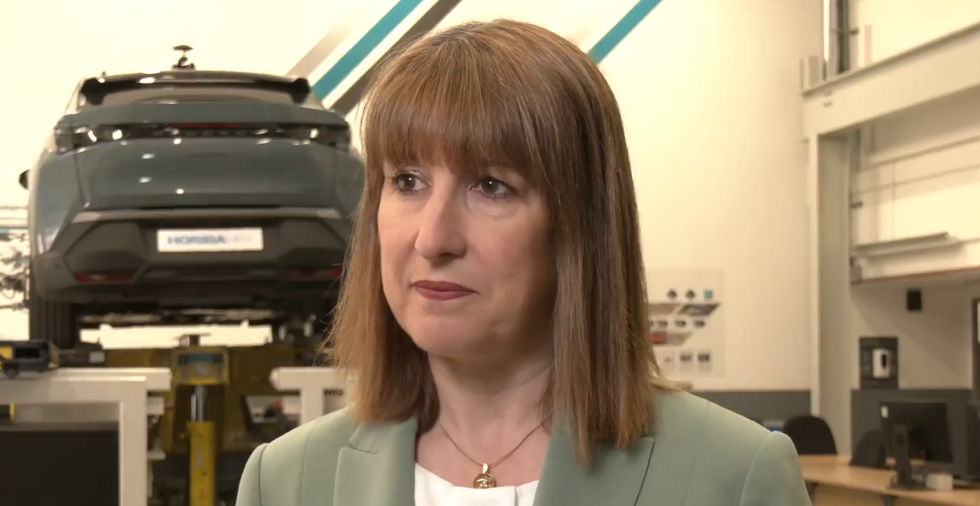Millions of households could be £200 worse off as real incomes set to FALL under Labour - 'bleak decade!'

Millions of households could end up no better off by 2030 than they were a decade earlier, according to a think tank
Don't Miss
Most Read
Millions of UK households could see their real incomes fall by £200 over the next five years, a new report has warned.
The Resolution Foundation's analysis suggests the typical income for the lower-income half of non-pensioners could drop by one per cent between 2024-25 and 2029-30.
The think tank's Living Standards Outlook 2025 paints a "bleak" picture for household finances through the remainder of the decade.
According to their projections, the 2020s could become "the first decade of the modern era to witness no improvement in disposable incomes across Britain".
Frozen tax thresholds and increasing council tax bills are eroding any gains from wage growth.
The report identifies these fiscal pressures as key factors "cancelling out real pre-tax earnings growth for many, even before accounting for water, rent and mortgage rises".
In their central scenario, the think tank finds that the poorest half of non-pensioner households, roughly 10 million working-age households, are set to experience a drop in real income by 2030.
They also showed that typical annual real income of the other non-pensioners will grow by just one per cent overall during the five years after 2024-25, equivalent to approximately £300 in cash terms.

The report specifically highlights that income growth will remain flat at zero per cent for 2025-26
| GETTYThe report specifically highlights that income growth will remain flat at zero per cent for 2025-26.
Looking further ahead, the foundation calculates that by 2029-30, typical incomes would show no growth compared to 2019-20 levels.
This stagnation would make the current decade the worst performing of the past sixty years for living standards growth.
The projections follow what the foundation describes as a "rollercoaster" start to the 2020s, marked by the pandemic and cost-of-living crisis.

Housing tenure emerges as a crucial determinant of financial outcomes in the coming years
| GETTYHousing tenure emerges as a crucial determinant of financial outcomes in the coming years.
Homeowners with mortgages face declining incomes as they transition from fixed-rate deals to higher rates, whilst those who own their properties outright are projected to experience improved living standards.
The foundation's research, funded by Nationwide Building Society, emphasises how these combined pressures on household budgets contribute to the dire outlook for disposable incomes through 2030.
Pensioner incomes are projected to grow by five per cent over the remainder of the decade, contrasting sharply with the struggles facing working-age households.
Adam Corlett, principal economist at the Resolution Foundation, said: "The living standards story of the decade so far has been bust and boom, with Covid-19 and a cost-of-living crisis followed by a much-needed recovery last year.
"But the rest of the decade looks bleak, with typical household incomes set to grow by just one per cent over the next five years."
He added that "ending the two-child limit can lift living standards for poorer families" whilst maintaining strong wage growth could benefit middle-income Britain.

The Treasury said: "Real household disposable income per person is growing at its fastest pace in two years"
| GB NewsA Treasury spokesperson said: "We know that many are still struggling with the cost of living which is why we were clear on the need to put more money in the pockets of working people in our Plan for Change.
"Since July, real wages have grown more than in the entire first decade of the last Government, our commitment to economic stability has helped interest rates to fall four times, we have protected working people’s payslips from higher taxes, froze fuel duty, increased the national living and minimum wage and in the latest data, real household disposable income per person is growing at its fastest pace in two years."
More From GB News











